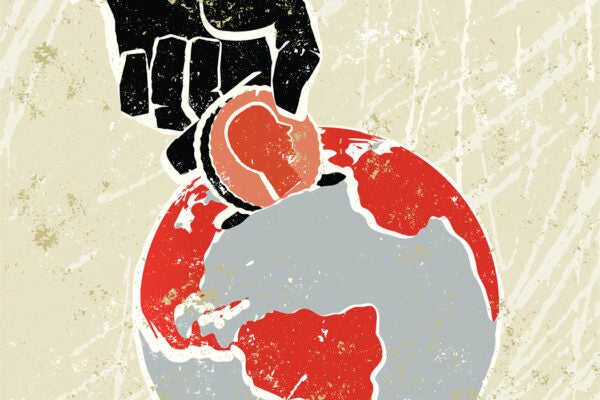Debt-for-Nature Swaps: Solution or Scam?
Are debt-for-nature swaps—forgiving debt in exchange for investments in the environment—an innovative approach to debt relief or a form of recolonization?
Rosalind Franklin’s Methods of Discovery
Franklin’s strategy for analyzing images of DNA molecules forces us to reconsider our definition of “scientific discovery,” argues Michelle G. Gibbons.
From Gamification to Game-Based Learning
Use the JSTOR Daily Sleuth game to highlight the dangers of AI within academic research.
How Keanu Reeves Radically Rescripts Race
Reeves’s career showcases his transnational mobility as well as a representational flexibility granted by the melding of races, ethnicities, and cultures.
Geishas for Enlightened Motherhood
In the Meiji period, geisha embraced the nation’s modernizing project, helping to improve education for women and promoting a western-style domestic ideal.
Alexander Calder, Sculptor
Calder was known for both his delicately balanced kinetic sculptures and the massive steel abstractions he designed for public squares around the world.
The History of Peer Review Is More Interesting Than You Think
The term “peer review” was coined in the 1970s, but the referee principle is usually assumed to be as old as the scientific enterprise itself. (It isn’t.)
Abraham Lincoln’s Labor Theory of Value
Abraham Lincoln was no Marxist, but his ideas about the relationship of labor and capital mirrored Marx’s in some ways—albeit with a rural American flavor.
Designing the Dummies
The science behind using crash test dummies to determine the effects of car crashes on the human body only dates to the 1960s.
Going Postal at the Qiaopiju
The Chinese Qiaopiju, or “overseas letter offices,” lasted for a century, ending only when the foreign governments implemented anti-communist banking controls.









